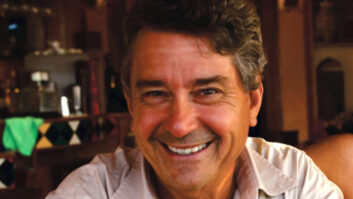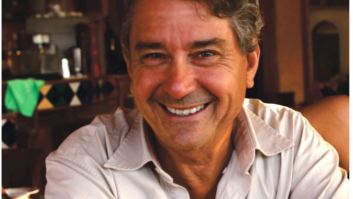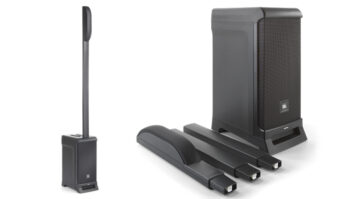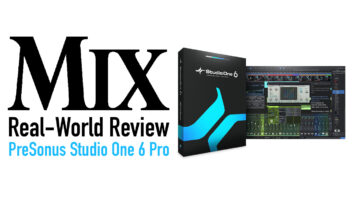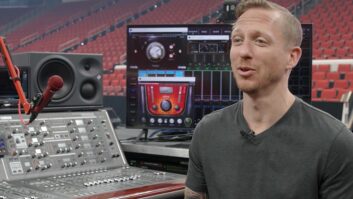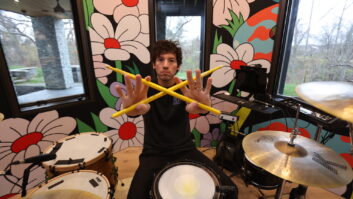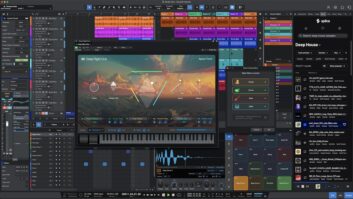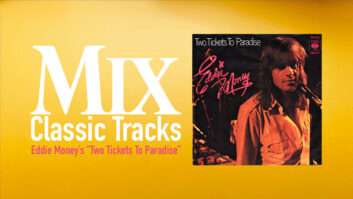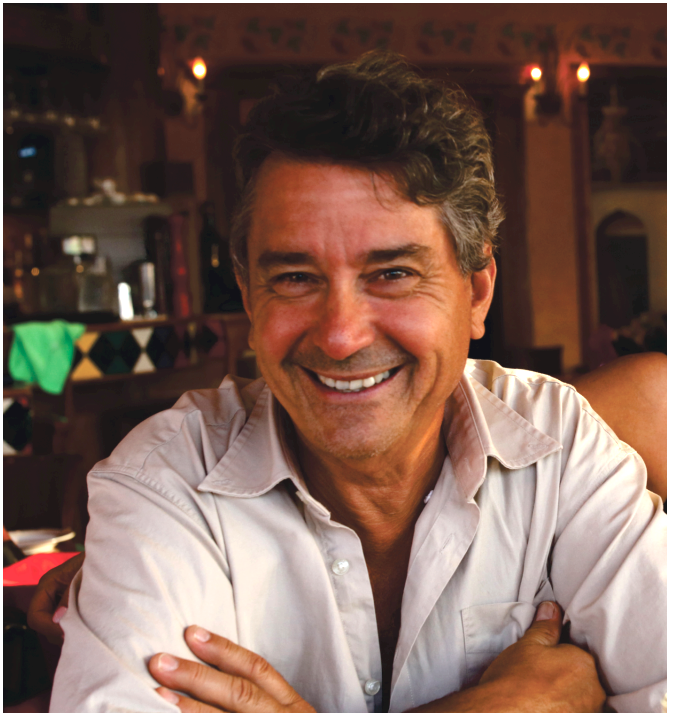 It is said that money is the root of all evil—yet we cannot live without it. For me, it started with a weekly allowance, a paper route, cutting lawns, shoveling driveways … anything I could do to make a buck. What I learned early on—and over and over in the years to come—was that creativity, never giving up and finding a path around obstacles are crucial skills to develop in business.
It is said that money is the root of all evil—yet we cannot live without it. For me, it started with a weekly allowance, a paper route, cutting lawns, shoveling driveways … anything I could do to make a buck. What I learned early on—and over and over in the years to come—was that creativity, never giving up and finding a path around obstacles are crucial skills to develop in business.
I think Pete Townshend of The Who was my first big guitar influence. He played a Gibson SG, and therefore that’s what I wanted. For my 14th birthday, my dad bought me a Raven SG copy, my first electric guitar. For an amp, I hijacked his old stereo system and proceeded to blow the speaker in no time. Immediately afterward, I bought a 12-inch EV driver, put it into a wooden box, and all of a sudden I was electric! The only problem? The Raven was not very good, and, well, it was not a real Gibson.
So I saved all my cash until I had $200—enough to buy a used SG. I was in heaven! That is, until the guitar fell over—I watched it fall in what felt like slow motion—and the headstock broke off. I was devastated. Upon closer inspection, I realized that the neck had been previously broken and repaired. I went back to the store where I bought it and they refused to give me my money back. So my father suggested I bring them to small claims court. I did it all myself. I filled out the paperwork, went to court and was awarded my money back. I scrimped and saved again until I had $500. By the time I turned 16, I had enough to buy a brand new Sunburst Gibson Les Paul Deluxe, mimicking my new guitar hero: Jimmy Page.
We are all driven by money. It is the medium that makes the world turn. These days, as part of my business lectures, I profess that sales are the most important facet of any business. You can have the best administration, top-notch buyers, and the most efficient shipping department in the world, but without money coming in the door, you have nothing. Cash is the lifeblood of a company, and sales is the most important department, as it brings in the cash!
When I was about 19, playing in bars in and around Montreal, we would play any gig where we could to make a buck. With the world going disco in the late 1970s, it became harder and harder to find rock ’n’ roll clubs. Some weeks, money was so tight that I had to collect bottles on the side of the road just to pay for cigarettes. Boy, do you ever begin to realize the value of money when you can barely afford a meal. I decided to give up playing music that I did not enjoy, and moved to Ottawa, following my parents.
Within a couple of weeks, I got a job at a pro audio shop, and for the first time in my life, I actually had a wallet flush with cash. I bought a used light blue Pontiac Le Mans, took girls out for dinner…. I was king of the world! That is, until my boss brought me into his office to tell me that I was making too much money … more than guys who had been with him for over 20 years. I was paid the same base salary as the rest of the sales team, plus commission, and I was their top producer. As a thank you, they wanted to reduce my income. Not smart. I promptly quit, moved west, and enjoyed an illustrious career with Fender Canada before launching out on my own with Radial. In 1988, while with Fender, I was making over $80,000 a year, plus a car and all expenses paid. This is the equivalent of about $200,000 in today’s dollars—a very good salary indeed—but that’s getting ahead of myself.
By 1984, I had saved $5,000—just enough to afford a small mortgage. Because Vancouver is constrained on all sides between mountains, the U.S. border and the ocean, I figured that the limited amount of real estate coupled with the warmest (yet rainy) weather in Canada would eventually make the city a magnet for folks wanting to move out of Canada’s winter freeze. This would surely drive property values up. In my mind, the best option was to buy an acreage, so I spent days driving around the lower mainland until I found a property that I could afford. It was listed for $89,000 and I offered $59,000. We settled at $64,000 for a 2.5-acre lot with a 950-square-foot tear-down house that was built in 1908. I made it work with minimal renovations and lived there for eight years until 1992, when my wife became pregnant with my son Adam.
Peter Janis, former CEO of Radial Engineering, is a 40-year veteran of the music industry. Exit Plan (www.exit-plan.ca), his consulting firm, assists business owners to build their companies and prepare them for eventual sale.
